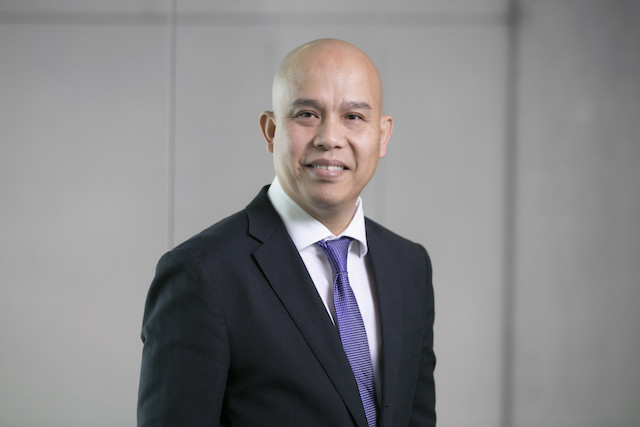Jess Bauldry: The first we heard about serology in Luxembourg was a few weeks ago when the health ministry announced the Convince study, to assess the spread of the virus. What is serology?
Dr Trung Nguyen: We have two ways to detect the virus: the direct way by PCR [polymerase chain reaction], to help you find the virus. And serology is the second way. That means the body has synthesised antibodies against the virus and we can detect these antibodies.
What impact will the findings have on today’s situation?
It’s very important for the politicians to know how many people are infected to make the decision. If a lot of people are infected but they don’t have symptoms, it means maybe they have antibodies against the virus. These people can return to work earlier than if they don’t have antibodies.
The second point of view it’s very important to know if the doctors or nurses who are exposed to patients, are immune to the virus, that means they may not be infected again by the virus.
Do you have a rough idea already on the proportion of residents who have been infected in Luxembourg?
Based on the PCR data, we’ve 3,200, or 3,300 PCR positive in a population of 600,000, which represents around 1%. There will be more studies to know how many.
What's your unit's role in the testing of these positive infections?
We validate with the negative patients (sera before the outbreak) to see if there are false positive patients (Specificity) by cross reactions with others coronavirus. We collaborate with CHdN and Kirchberg kospitals to validate real positives patients (Positive RT-PCR and CT-Scan) to see if there are false negative patients (Sensibility).

Illustrative photo shows lab work at the LNS. Photo: LNS
Why use serology kits and what how many are out there?
The kits have several advantages: they’re cheaper, we can do a larger volume and test more easily than the PCR kit. There are 160 rapid commercial kits in existence. We’ve validated a kit from a provider in China which has a headquarters in Netherlands (Rapid Diagnostic Test Boson). We tested 30 or so patients and we detected antibodies on hospitalised patients. It confirmed the antibodies appeared 15 days later. According to some articles they reduce after 8-9 weeks. We need more time to assess if the antibodies remain. We’re really at the beginning for serology. There are very few studies right now.
What kits are being used in Luxembourg as part of the convince study?
The health ministry has ordered the first kit available, Euroimmun, from Germany. It will arrive this week in fact. The second will arrive in 1-2 weeks, it’s from Roche, and the third is Diasorin, which will arrive at the end of the month of April.
How does it work?
We normally do one test for antibodies to see how many patients were infected. You shouldn’t test too soon otherwise the antibodies won’t have formed. Ideally, we will do it 2-3 weeks after an infection. If testing blindly we can test two times to see if there are signs of antibodies. We need to test at different stages and then we see the antibodies, when they appear if they increase, and when they diminish.
What do we know about immunity right now?
It’s too soon to be able to formulate conclusions. What we know is that people for whom antibodies appear quickly, heal more quickly than those whose antibodies appear later. It suggests the antibodies can permit an immunity. There’s a study being done in which they gave the plasma of people who were healed to sick people. That’s being done in different countries. The study isn’t yet finished.
When can we expect the first findings about immunity in the Luxembourg population?
We need a few weeks to validate the kit. Afterwards the first tests will come then eventually there will be a second test, two weeks later. I think we will have the first estimates in one to one and a half months.

